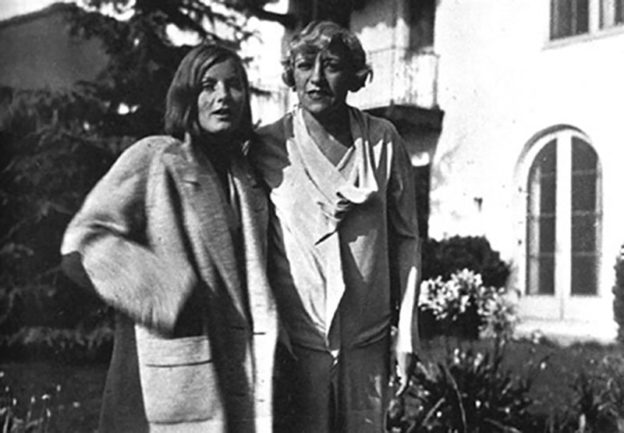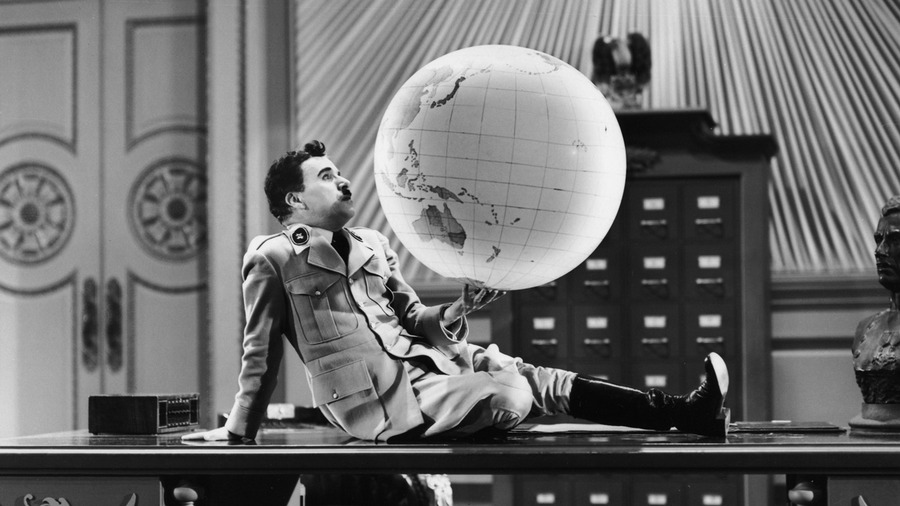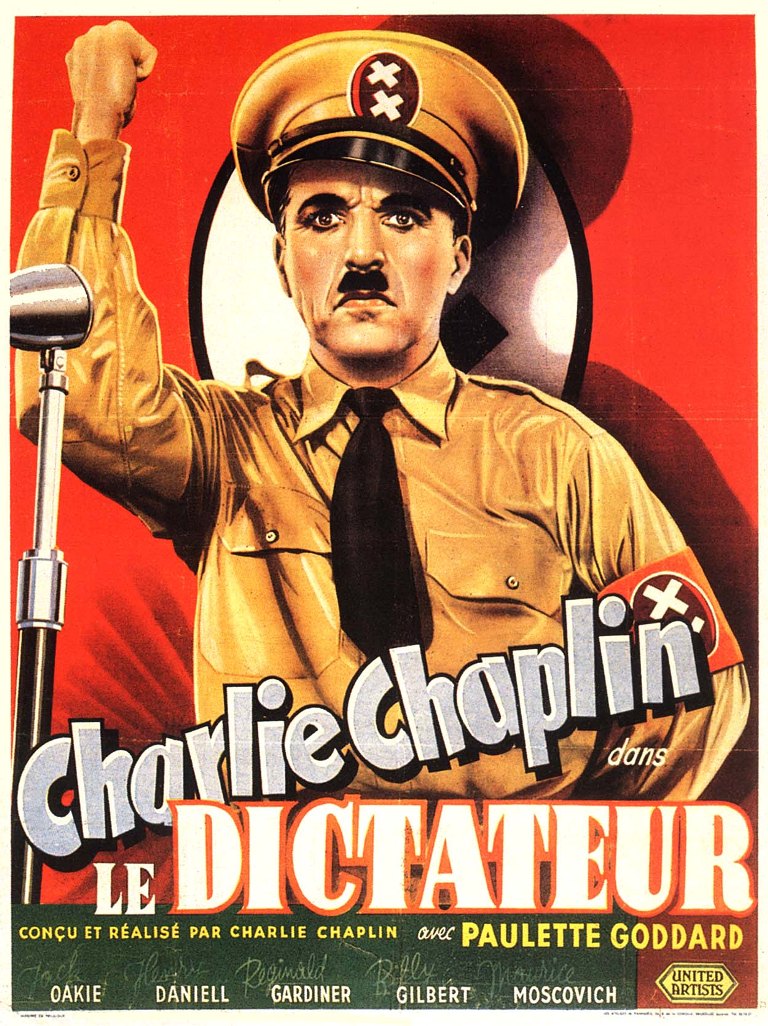
The unconcerned sunbathers on the beach [in Los Angeles], their hairless bodies glistening and brown, the gigantic trucks rumbling on the highway, the supermarkets with their mountains of food, the studios with the oh-so-relaxed employees, the chatting extras pouring out from the stages at lunch time, the pompous executives marching to their “exclusive dining room” or the barbershop, stopping to chat with the endearing “young talent”—all these familiar scenes were a nerve-wracking contrast to the war horror…
What the [studio] producers want is an original but familiar, unusual but popular, moralistic but sexy, true but improbable, tender but violent, slick but highbrow masterpiece. When they have that, then they can “work on it” and make it “commercial” to justify their high salaries. — Salka Viertel

Salka Viertel was an Austrian actress and very early exile from Europe’s rising Fascist tide who settled in Santa Monica in 1928 to become a Hollywood scenarist, close friend of Greta Garbo, and catalyst behind an expanding West Coast salon of expats dubbed “Weimar on the Pacific” by Ehrhard Bahr.
As part of UCLA’s Center for the Art of Performance virtual program L.A. Omnibus, Donna Rifkind—author of The Sun and Her Stars: Salka Viertel and Hitler’s Exiles in the Golden Age of Hollywood—will discuss Viertel’s achievements within her circle, which included Bertolt Brecht, Thomas Mann, Charlie Chaplin, Ernst Lubitsch, Sergei Eisenstein, Arnold Schoenberg, Christopher Isherwood, and Aldous Huxley. See link below for details.
As I began to read the histories of the two intersecting arenas where Salka Viertel rang up her accomplishments during the 1930s and 1940s—the film studios of Hollywood’s Golden Age and the gathering places of the antifascist emigration—I found myself asking again and again: where are all the women? I read dozens of thoughtful, entertaining, even groundbreaking works about Hollywood in which women who were not wives, secretaries, or movie stars scarcely make an appearance. Yet women worked in every department of the studios. They were screenwriters, editors, researchers, readers, publicists, costumers, hair and makeup artists. Often below the line and unglorified, women were nonetheless vital to the success of these vast, complex organizations, and some of them wielded genuine influence if not actual power. Where are their stories? — Donna Rifkind*

Center for the Art of Performance UCLA
Thursday, October 8.
7 pm on the West Coast; 10 pm East Coast.
*Donna Rifkind, from the introduction to The Sun and Her Stars: Salka Viertel and Hitler’s Exiles in the Golden Age of Hollywood (New York: Other Press, 2020).

From top: Salka Viertel (right) and Greta Garbo at Viertel’s house, 165 Mabery Road, Santa Monica; Viertel in Anna Christie (1931), photograph courtesy and © MGM, via Photofest; Salka Viertel, The Kindness of Strangers, cover image courtesy and © New York Review Books; Donna Rifkind, The Sun and Her Stars, cover image courtesy and © Other Press; Rifkind, courtesy and © the author; Sergei Eisenstein and Viertel in Santa Monica in the 1930s.







